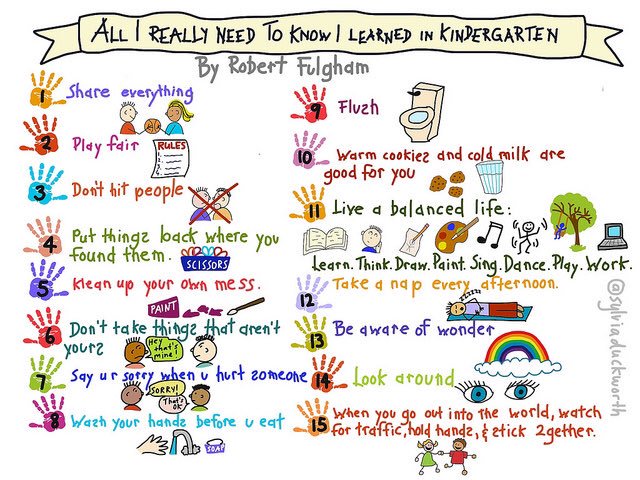Study Questions (Please choose at least 5)
1. Describe the society (a fictional America) that Montag lives in. In what ways is it similar to, but more extreme than, our society? What signs are there that it is a “dystopia” (the opposite of a utopia, an ideal society)?
2. What makes Clarisse so special—so different from most people in her society? What qualities does Montag have that make him receptive to her influence?
3. Why do you think the mechanical hound has been programmed to react to Montag?
4. Why do you think the woman chooses to burn herself along with her books? Why does this have such a powerful effect on Montag—what does it mean to him?
5. What is the point of Bradbury’s description of the kind of television show that Mildred likes to watch (p. 44-46)? [“sound and fury, signifying nothing”—I’ll explain this quotation in class]
6. What is shocking and disturbing about the way Montag finds out what happened to Clarisse? What does this tell us about Mildred and about their society?
7. Why does Montag get “sick” and try to avoid going to work?
8. What does the revelation that Montag has so many books hidden in his home tell us about him? Why do Montag’s hands seem to have a mind of their own—what does this actually mean?
9. What is Beatty’s explanation for the current state of their society?
10. What do you think of Mildred’s claim that she is happy, and why? How do you define happiness? Is being happy always the most important goal of life?
11. What events trigger Montag’s transformation from aloof, unthinking fireman to passionate, philosophical rebel?
12. Find three examples of foreshadowing in Part 1.
13. Like Hemingway, Bradbury sometimes writes in an elliptical style, giving us bits of information from which we must infer what is happening, what the characters are thinking and feeling. Find one example of this in Part 1.
14. Choose one paragraph or passage from Part 1 that is an example of Bradbury’s unusual writing style (e.g. p. 17/18, p. 24) and interpret its meaning.
15. What predictions might you make about later events in the story?




